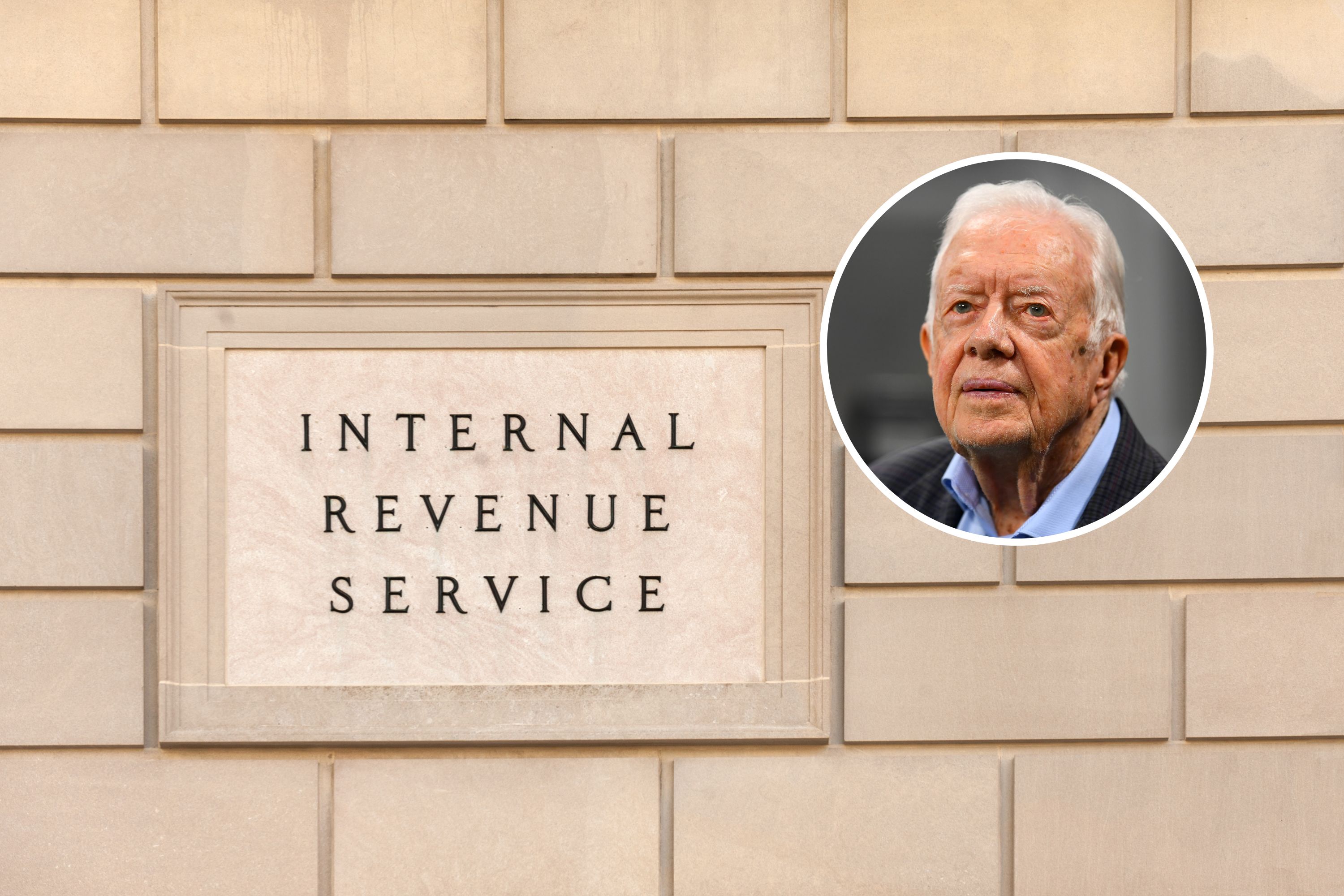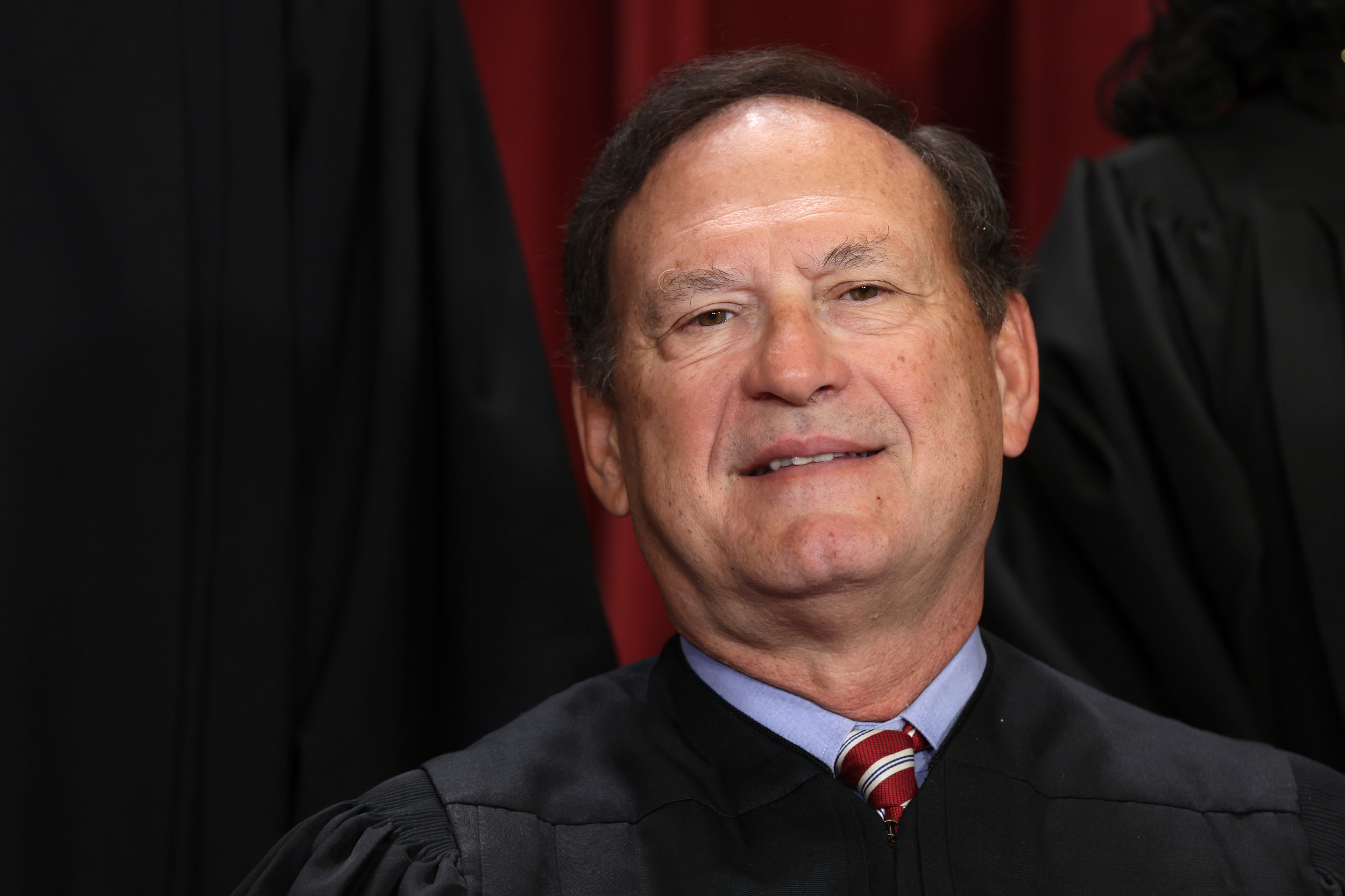Over the last decade, a number of new and relaunched American car brands have been introduced: DeLorean Motor Company, Lucid Motors, Rivian, Czinger, Fisker, Bollinger Motors, Canoo, Faraday Future, Mullen Technologies and Nikola Corporation among them.
Meyers Manx has been given new life after a buyout and is currently accepting reservations for its Manx 2.0 EV and Resorter NEV models.
And, International Harvester's Scout brand has been revealed anew as Scout Motors, with a new sport utility vehicle (SUV) and pickup truck on the way.
While the brands may have their headquarters in the United States, the amount each is an American brand is debatable.
Scout operates using Volkswagen Group financing. Volkswagen Group is headquartered in Germany.
Saudi Arabia's Public Investment Fund, a sovereign wealth fund, owns about a 60 percent stake in Lucid Motors.
Faraday Future's ownership is divided between Vanguard Group Inc, BlackRock Inc, Bank of Montreal, and a host of others including Fidelity Concord Street Trust, which is made up of 37 institutional owners and stakeholders. Faraday Future was founded by Chinese businessman Jia Yueting.


"American-made transparency is important to automakers and car buyers because it enables both groups to understand and evaluate the economic impact of the vehicles they produce and purchase. For automakers, being recognized on Cars.com's American-Made Index is crucial, as it reflects their commitment to U.S. manufacturing, supporting local jobs and contributing to the national economy," Patrick Masterson, AMI lead researcher, Cars.com told Newsweek.
"With consumers increasingly interested in making financial choices that positively affect their neighbors, knowing which vehicles have the most significant economic impact in the U.S. helps them make those decisions. In fact, 56% of in-market car shoppers are willing to pay more for a vehicle if it creates more U.S. jobs, with younger generations like Gen Z (68 percent) and millennials (65 percent) being the most willing. This transparency helps consumers who want to support U.S. manufacturing deconstruct the complexities of the global automotive supply chain and make informed decisions."
Talking about Scout, like DeLorean and Meyers Manx, elicits feelings of nostalgia for those that follow the automotive industry. The brands saw the mid-1900s as they heyday before winding down production. Revitalization of these nameplates plays into American enthusiast heartstrings.
The company is eager to draw parallels with their new brand and the previous iteration of it. International Harvester's Scout models were in production from 1961-1980.
The Scout Traveler's daytime running lights were designed to mimic the visual of the side markers on the original Scout II SUV. Traveler will also have a boxy body and off-road capability that is reminiscent of the vintage model.

Unlike other brands that rely on Volkswagen Group funds, Scout's design and engineering departments are fully independent, backed by Volkswagen Group as its sole investor.
The platform that the Traveler and Terra pickup truck ride on was done completely in-house by Scout employees and the platform is proprietary. Not even technology was shared between Scout and the financial backer.
But, that does not necessarily mean that Scout vehicles will be 100 percent American. Federal Trade Commission CARS (Combating Auto Retail Scams) rules were developed to give transparency to buyers. Those rules, among other things, require automakers to disclose where the materials in their vehicles is sourced from.
Each year Cars.com's American-Made Index ranks the most locally sourced vehicles sold in the U.S. The data for those rankings is obtained from automakers, Automotive News and Cars.com analysis.
"Electric vehicles have dominated the auto conversation over the last couple of years, with many automakers announcing new models and plans to open battery and powertrain plants in the U.S.," said Masterson.
"EVs are an opportunity to bring more of the automaking process stateside, mostly because batteries are heavy and complex; it makes sense to build them where the vehicles are sold rather than spend the money to transport them great distances. It will also be interesting to see how the Inflation Reduction Act, which has provisions for domestic production, impacts EVs and the UAW's recent contract negotiations impact the future of American-made vehicles."
In recent years, Tesla models have topped the Cars.com ranking.

The amount a vehicle is American-made depends on a number of factors, not just assembly. It comes down to supplies and where the materials that those supplies are made of are sourced.
Supply sourcing becomes increasingly important for Scout as it works to market its vehicles to customers to be able to take advantage of federal or state government incentives for purchasing an electric vehicle.
"Vehicle assembly location and battery sourcing are key factors influencing pricing under current tax policy. Over the past few years, these policies have changed frequently, and more adjustments are expected," Tony Salerno, vice president of business development for auto analytics at J.D. Power told Newsweek.
The percentage of incentive varies by sourcing and those requirements are growing stricter with each year, however, that may change depending on which president is in office in 2025, 2026 and 2027.
"This creates significant pressure on automakers, likely driving up costs as they hedge against uncertainty in their product planning, supply chains, and manufacturing infrastructure," said Salerno




















 English (US) ·
English (US) ·